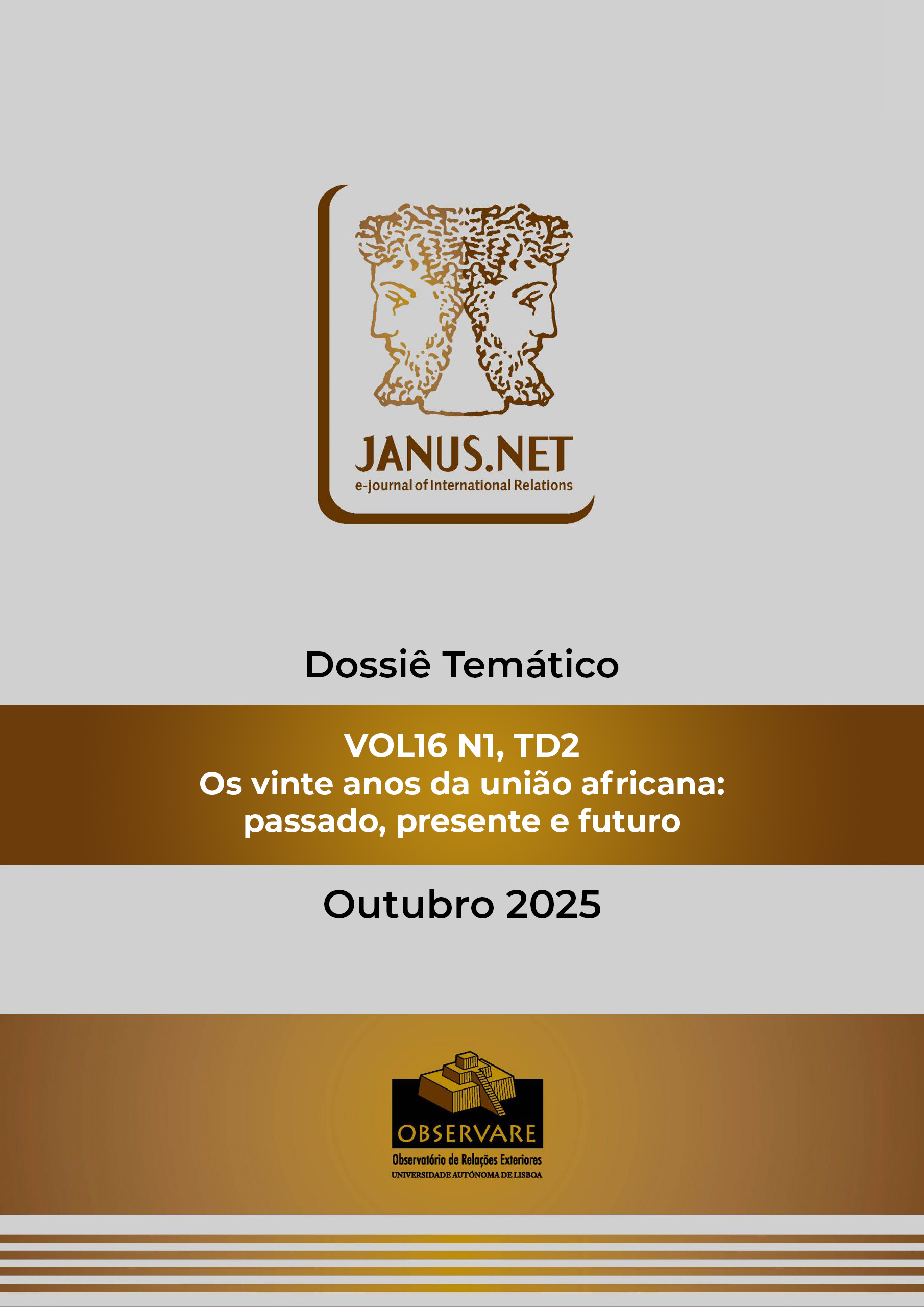ACCESS TO JUSTICE FOR INDIGENOUS PEOPLES IN AFRICA
DOI:
https://doi.org/10.26619/1647-7251.DT0425.4Keywords:
Indigenous peoples, Africa, Fundamental Rights, Humanitarian aid, Justice, CSOs, NGOsAbstract
This paper explores the issue of access to justice for indigenous peoples in Africa, a topic that has received insufficient attention within the broader discourse on human rights and legal inclusion. The concept of indigenous peoples in Africa is examined, with a focus on the unique cultural, social and historical contexts that shape their relationship with the States and its legal systems. The African legal framework is analyzed in relation to its provisions for protecting indigenous rights, alongside an exploration of the mechanisms available for accessing justice within the continent. Key challenges to accessing justice, such as discrimination, the marginalization of indigenous knowledge, and the lack of recognition of customary law, are discussed. Landmark cases highlighting both the successes and failures of the legal system in addressing indigenous grievances are presented to underscore the gaps in the protection of their rights. The paper also addresses the concept of restorative justice as an alternative legal approach that aligns more closely with indigenous peoples’ traditions of conflict resolution and healing. Finally, recommendations for improving access to justice for indigenous communities are offered, including legal reforms, better integration of indigenous legal systems, and the promotion of inclusive, culturally sensitive judicial processes. By examining these themes, the paper advocates for a justice system that respects the rights, cultures, and traditions of indigenous peoples, ensuring their full participation in the legal processes that affect their lives.


